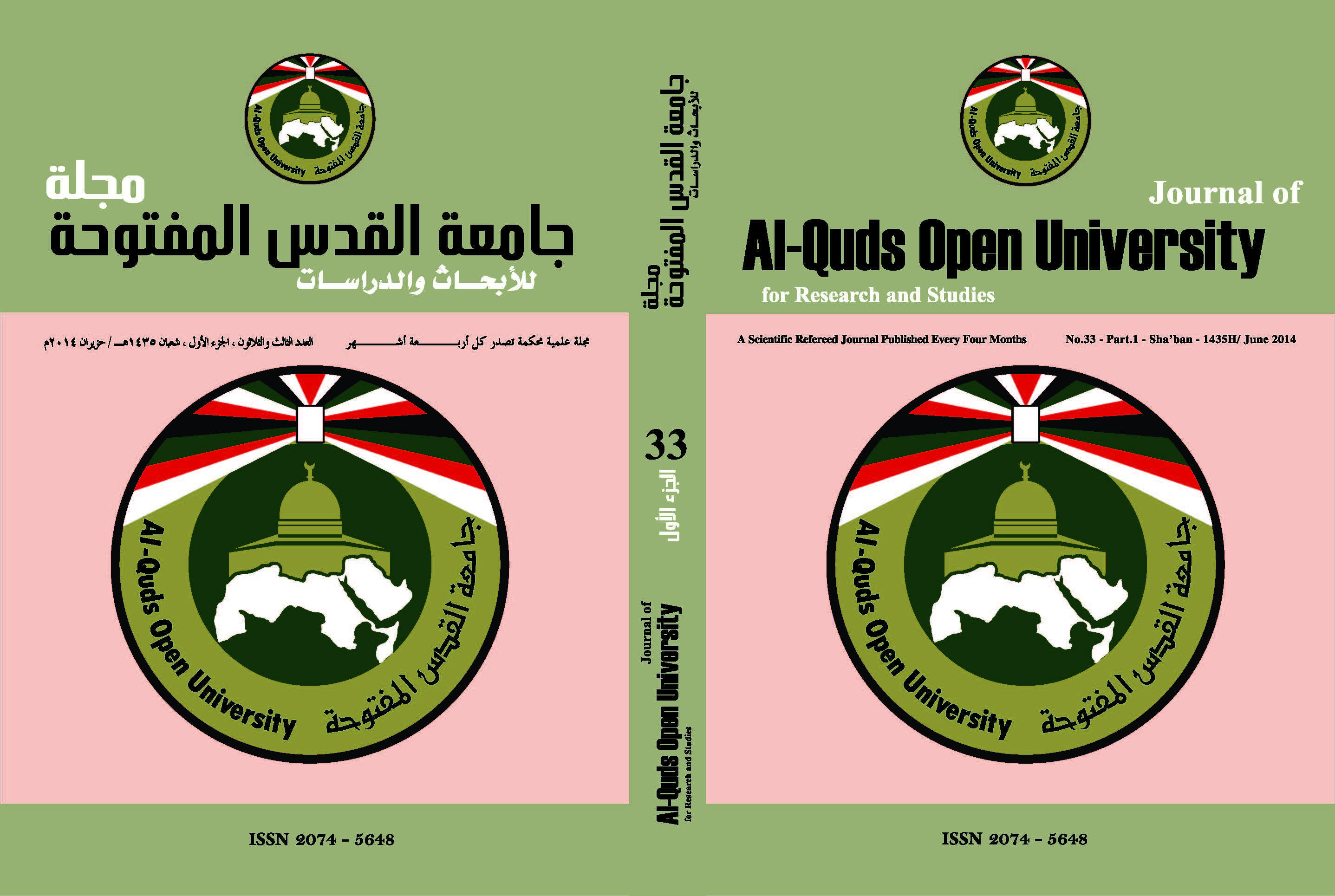Optimal maintenance works for Aborshada road in Libyain western region
الكلمات المفتاحية:
استنزاف الرصيف؛ سياسة الصيانة الأمثل ؛ رصيف الشارع، مؤشر الحالة؛ إدارة الرصيفالملخص
في هذا البحث ، تم فحص حالة الرصف لطريق أبو رشاده في منطقة غريان لتحديد أعمال الصيانة المثلي. في السابق كان الحس الهندسي البسيط هو المستخدم لتقييم الرصف ووضع أولويات الصيانة من مهندسي بلدية غريان. تم فحص حالة سطح الرصف لطريق أبو رشاده بالاسلوب البصري (دليل حالة الرصف PCI)، لحصر العيوب المختلفة الموجوده بالطريق وتصنيفها طبقاً لمعيار PCI ، ASTM في عام 2007 تحت رقم D6433-07. وكذلك لمعرفة أكثر العيوب شيوعاً في طريق أبو رشاده لتقديم المسانده لمتخذ القرار لتقييم الرصف واختيار طريقة العلاج المثلي.
هذه الدراسة ، عرضت أساليب تقييم حالة السطح ، بدائل قرارات الصيانة ، وتفاصيل أنواع العيوب بطريق أبو رشاده. ومعتمداً علي تقييم حالة الرصف ، يستطيع متخذ القرار إيجاد تأثير تنفيذ أعمال الصيانة على حالة سطح الرصف. وأيضاً تحديد البديل الامثل والمناسب لميزانيته. هذه الدراسة عرضت الاداء الفعلي الحالي للرصف واقترحت الابحاث المطلوبة والمتعلقة بمشاكل صيانه الرصف في ليبيا وخصوصاً بالمنطقة الغربية. أوضحت الدراسة أن أفضل بديل لصيانة طريق أبو رشاده هو البديل رقم 4 ( صيانة الحفر – الشروخ الطولية والعرضية – الشروخ التمساحية). وأيضاً اوضحت الدراسة العيوب الاكثر شيوعاً ذات الارقام 13 – 10- 1 – 3 – 7 طبقاً لتقسيم ASTMالتنزيلات
منشور
كيفية الاقتباس
إصدار
القسم
الرخصة
- الالتزام التام بأخلاقيات البحث العلمي.
- الالتزام التام بحقوق الملكية الفكرية.
- حقوق الطبع والنشر تؤول للمجلة.
- الحصول على موافقة المجلة لإعادة نشر البحوث أو ترجمتها.
- الالتزام التام بتعليمات هيئة تحرير المجلة.













_2.png)
_.png)
_2.png)
_1.png)
_.png)

